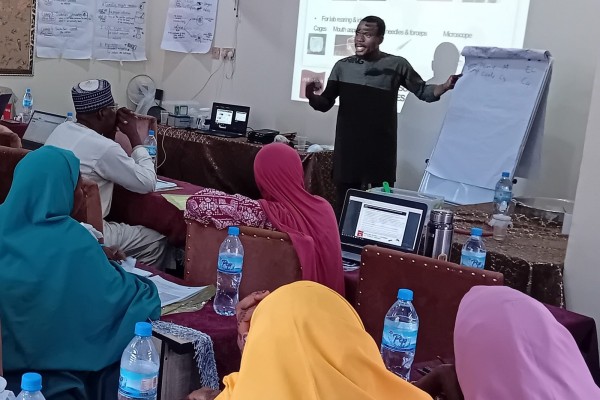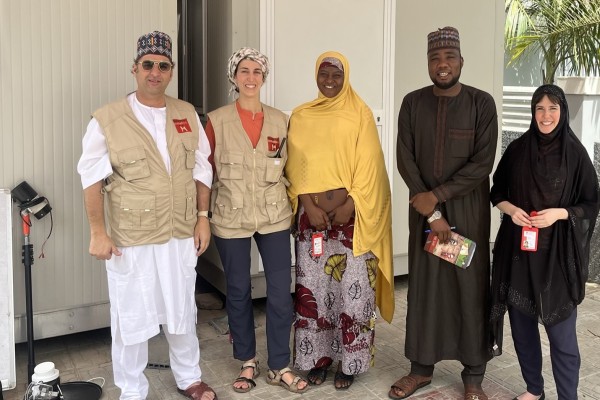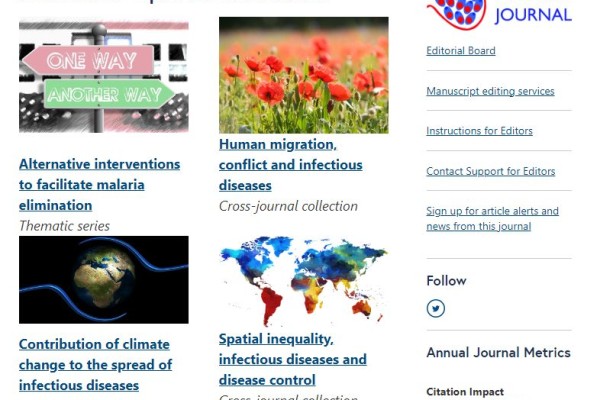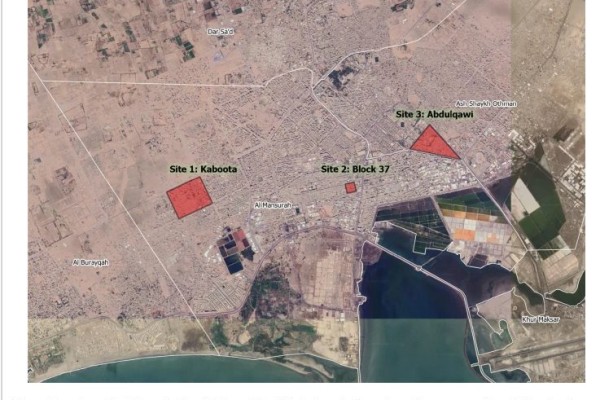Our operational research programme identifies strategies, evaluates programme outcomes and contributes to wider public health knowledge. Research focusses mainly on vector control, disease management, strengthening health systems and community engagement.
Operational research is used to explore and evaluate new and innovative tools to improve vector control. We assess the efficacy and feasibility of emerging vector control technologies, such as novel insecticide formulations, spatial repellents and control methods that target specific vector species.
By evaluating the performance of these tools in different settings, we aim to establish effective and sustainable approaches that reduce diseases. We also contribute to improving knowledge on the effectiveness of these tools in humanitarian context where tools are usually not tested.
The effective management of cases is crucial for improving health outcomes. Operational research evaluates and enhances case management practices for various diseases, including neglected tropical diseases and malaria.
Studies assess the impact of different training and supervision practices, health care seeking behaviours and treatment protocols. Research findings inform evidence-based guidelines and protocols for healthcare providers, which leads to improved patient care and better health outcomes.
Community health workers play a vital role in delivering healthcare services and strengthening community engagement. Operational research helps us understand the factors that influence engagement with community health workers and acceptance within communities.
By exploring the challenges and opportunities associated with community health worker programmes, we can develop strategies to improve their effectiveness and sustainability.
Research aims to improve recruitment, training, supervision and retention, leading to increased community trust and acceptance of community health workers as key healthcare providers.






